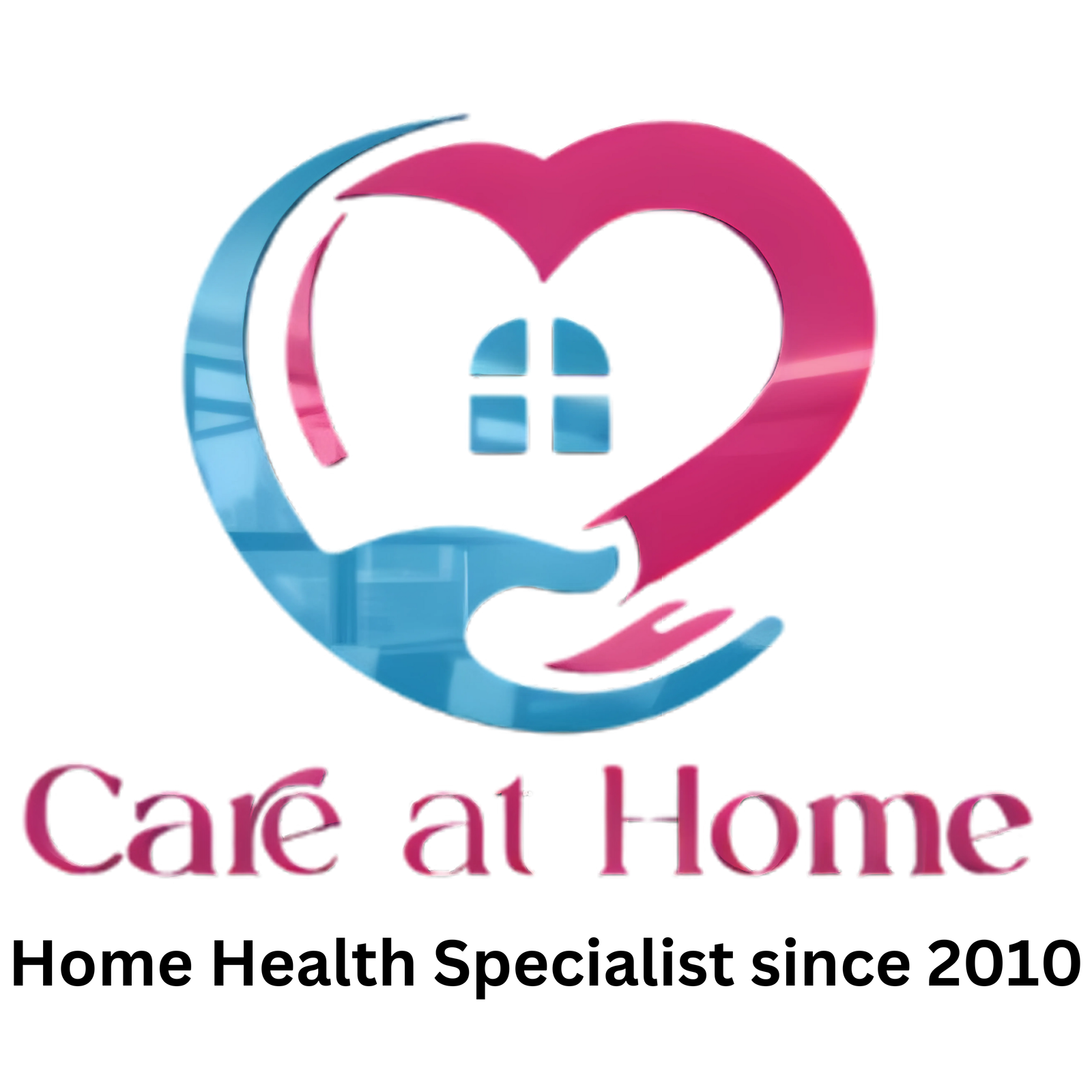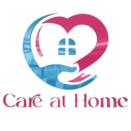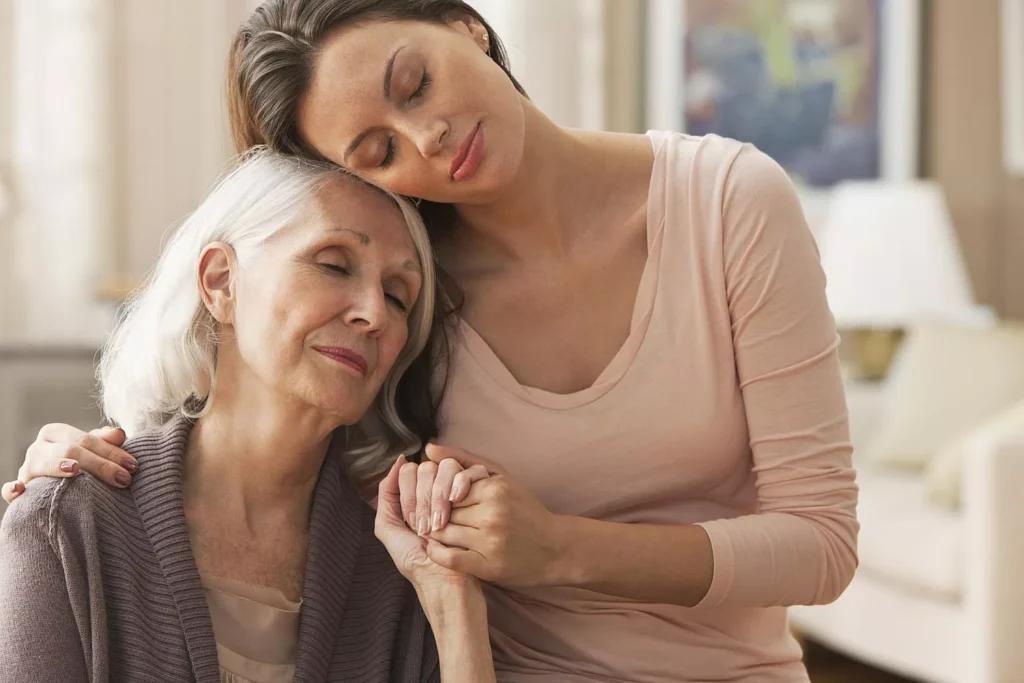
As seniors age, osteoporosis often becomes a prevalent condition, causing bones to weaken and become fragile. This significantly increases the risk of falls, which can result in serious injuries or fractures. For families, the fear of their elderly loved ones falling is a constant concern. This article serves as a comprehensive guide to how professional caretakers can play a vital role in preventing falls in seniors with osteoporosis. From creating a safer home environment to providing physical support, we will discuss the key contributions of caretakers in ensuring the safety of seniors.
Understanding Osteoporosis and the Risk of Falls in Seniors
Osteoporosis is a condition characterized by a loss of bone strength, leaving bones fragile and prone to fractures. Seniors with osteoporosis face an elevated risk of injuries even from minor falls, with the hips, spine, and wrists being the most commonly affected areas. Recovery is often slow and challenging.
Why Falls Are Particularly Dangerous for Seniors with Osteoporosis:
- Increased risk of fractures due to weak bones.
- Prolonged recovery periods leading to reduced mobility.
- Potential permanent disability or reliance on others for daily tasks.
- Psychological effects, such as fear of falling again or depression.
Given these dangers, preventing falls becomes a critical priority for families caring for seniors with osteoporosis.
How Caretakers Can Prevent Falls
Professional caretakers play an essential role in minimizing fall risks for seniors. Here are the ways they provide support:
1. Creating a Safe Living Environment
Caretakers ensure the home is free of hazards by:
- Removing loose rugs, clutter, and obstructive furniture.
- Installing grab bars in bathrooms and along stairways.
- Enhancing lighting throughout the house.
- Using anti-slip mats in high-risk areas like bathrooms and kitchens.
2. Supervising Daily Activities
Everyday tasks such as bathing, dressing, or moving around can pose risks for seniors with osteoporosis. Caretakers provide hands-on assistance or close supervision to ensure safety.
3. Encouraging Safe Movement and Exercise
Movement is essential for maintaining bone health, but it must be done carefully. Caretakers assist seniors with gentle, low-impact exercises, such as:
- Balance exercises to improve stability.
- Light walking routines to maintain bone strength.
- Strength-building exercises to enhance posture and mobility.
4. Supporting a Nutrient-Rich Diet
Diet plays a vital role in bone health. Caretakers ensure seniors consume foods rich in calcium and vitamin D, such as dairy products, leafy greens, and fortified cereals. They also help manage medication schedules for supplements if prescribed.
5. Monitoring Medications
Some medications can cause dizziness or drowsiness, increasing fall risks. Caretakers carefully manage medication routines, report side effects, and ensure medications are taken as directed.
6. Providing Emotional Support
The fear of falling can lead to anxiety in seniors. Caretakers offer emotional reassurance, encouraging confidence and independence while being a steady presence during daily activities.
The Value of Professional Caretakers
Family members may not always be available to provide round-the-clock care. Professional caretakers bridge this gap, offering specialized assistance tailored to seniors with osteoporosis. Their expertise, training, and understanding of the unique physical and emotional needs of the elderly create a safer, more supportive environment.
Frequently Asked Questions (FAQ)
Why are falls more dangerous for seniors with osteoporosis?
Osteoporosis weakens bones, making even minor falls likely to cause fractures, which can result in long recovery periods or permanent disability.
What types of exercises are safe for seniors with osteoporosis?
Low-impact activities like balance training, light walking, and stretching are safe under professional supervision.
How do caretakers reduce fall risks?
Caretakers improve home safety, assist with daily activities, monitor health, and provide emotional support to lower the risk of falls.
Are caretakers trained to assist seniors with osteoporosis?
Yes, professional caretakers are trained to provide care specific to seniors with osteoporosis, focusing on fall prevention and overall well-being.
How can I tell if my elderly parent needs a caretaker?
If your parent struggles with daily tasks, has experienced a recent fall, or shows fear of movement, it may be time to consider professional support.
Conclusion: Compassionate Care for Your Loved Ones
Preventing falls in seniors with osteoporosis requires a combination of a safe environment, attentive care, and emotional support. At Care At Home, our professional caretakers are specially trained to meet the unique needs of elderly individuals with osteoporosis.
With extensive experience in elderly care, our caretakers provide a safe, supportive, and nurturing environment for your loved ones. From assisting with daily activities to encouraging mobility and offering companionship, our team is dedicated to treating your family like our own. Let us be the helping hands and caring hearts your family deserves.
For more information, visit our website.



